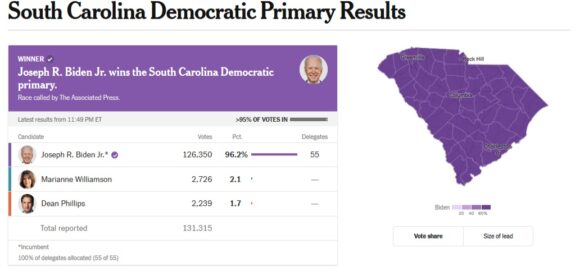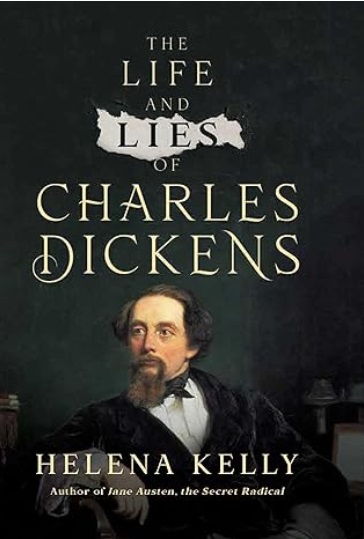Dear Commons Community,
Kevin Roose, the technology columnist for The New York Times, has a piece this morning lauding the capabilities of Perplexity, a new AI-powered search engine. He believes it has the potential to challenge Google as the go-to search engine of choice. Here is an excerpt.
“…recently, I’ve been stepping out on Google with a new, A.I.-powered search engine.
It’s called Perplexity. The year-old search engine, whose founders previously worked in A.I. research at OpenAI and Meta, has quickly become one of the most buzzed-about products in the tech world. Tech insiders rave about it on social media, and investors like Jeff Bezos — who was also an early investor in Google — have showered it with cash. The company recently announced that it had raised $74 million in a funding round led by Institutional Venture Partners, which valued the company at $520 million.
Many start-ups have tried and failed to challenge Google over the years. (One would-be competitor, Neeva, shut down last year after failing to gain traction.) But Google seems less invincible these days. Many users have complained that their Google search results have gotten clogged with spammy, low-quality websites, and some people have started looking for answers in places like Reddit and TikTok instead.
Intrigued by the hype, I recently spent several weeks using Perplexity as my default search engine on both desktop and mobile. I tested both the free version and the paid product, Perplexity Pro, which costs $20 per month and gives users access to more powerful A.I. models and certain features, such as the ability to upload their own files.
Hundreds of searches later, I can report that even though Perplexity isn’t perfect, it’s very good. And while I’m not ready to break up with Google entirely, I’m now more convinced that A.I.-powered search engines like Perplexity could loosen Google’s grip on the search market, or at least force it to play catch-up.
I’m also scared that A.I. search engines could destroy my job, and that the entire digital media industry could collapse as a result of products like them. But I’m getting ahead of myself.
At first glance, Perplexity’s desktop interface looks a lot like Google’s — a text box centered on a sparse landing page.
But as soon as you start typing, the differences become obvious. When you ask a question, Perplexity doesn’t give you back a list of links. Instead, it scours the web for you and uses A.I. to write a summary of what it finds. These answers are annotated with links to the sources the A.I. used, which also appear in a panel above the response.
I tested Perplexity on hundreds of queries, including questions about current events (“How did Nikki Haley do in the New Hampshire primary?”), shopping recommendations (“What’s the best dog food for a senior dog with joint pain?”) and household tasks (“How long does beef stew stay good in the fridge?”).
Each time, I got back an A.I.-generated response, generally a paragraph or two long, sprinkled with citations to websites like NPR, The New York Times and Reddit, along with a list of suggested follow-up questions I could ask, such as “Can you freeze beef stew to make it last longer?”
One impressive Perplexity feature is “Copilot,” which helps a user narrow down a query by asking clarifying questions. When I asked for ideas on where to host a birthday party for a 2-year-old, for example, Copilot asked whether I wanted suggestions for outdoor spaces, indoor spaces or both. When I selected “indoor,” it asked me to choose a rough budget for the party. Only then did it give me a list of possible venues.
Perplexity also allows users to search within a specific set of sources, such as academic papers, YouTube videos or Reddit posts. This came in handy when I was looking up how to change a setting on my house’s water heater. (Exciting stuff, I know.) A Google search yielded a bunch of less-than-helpful links to D.I.Y. tutorials, some of which were thinly veiled ads for plumbing companies. I tried the same query on Perplexity, and narrowed my search to YouTube videos. Perplexity found the video I needed for my exact model of water heater, extracted the relevant information from the video and turned it into step-by-step instructions.
Under the hood, Perplexity runs on OpenAI’s GPT-3.5 model along with its own A.I. model — a variant of Meta’s open-source Llama 2 model. Users who upgrade to the Pro version can choose between a handful of different models, including GPT-4 and Anthropic’s Claude. (I used GPT-4 for most of my searches, but I didn’t see much of a difference in the quality of the answers when I chose other models.)
I was not aware of Perplexity and tried it this morning. I found it quite capable and easy to use. I suspect that Google will respond to the competition.
Tony












